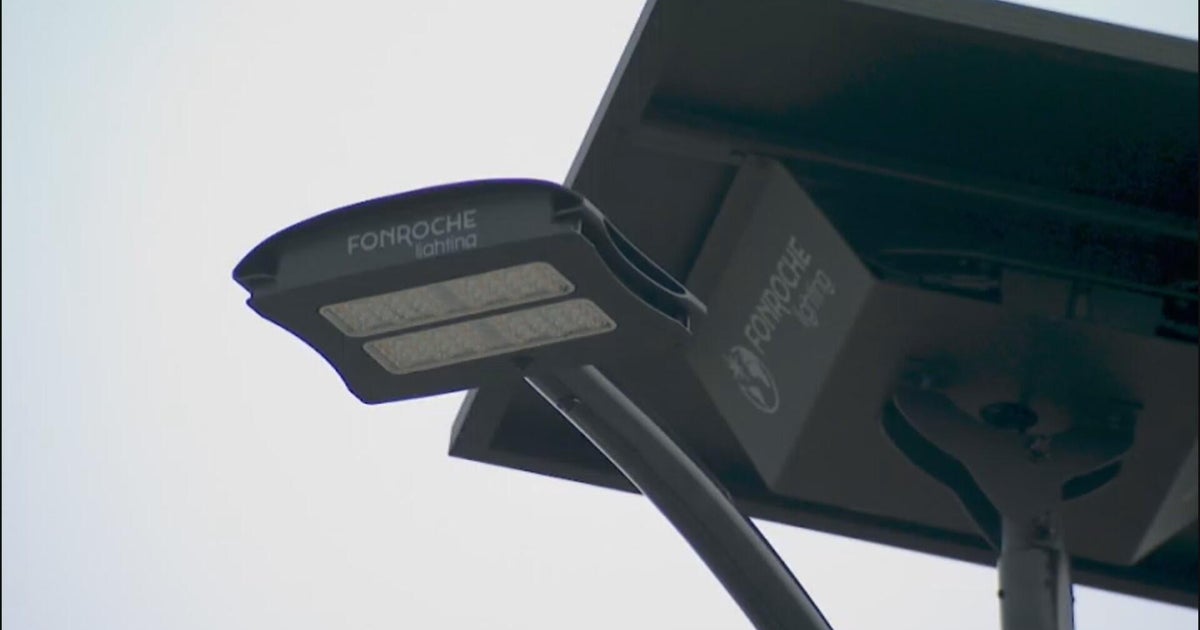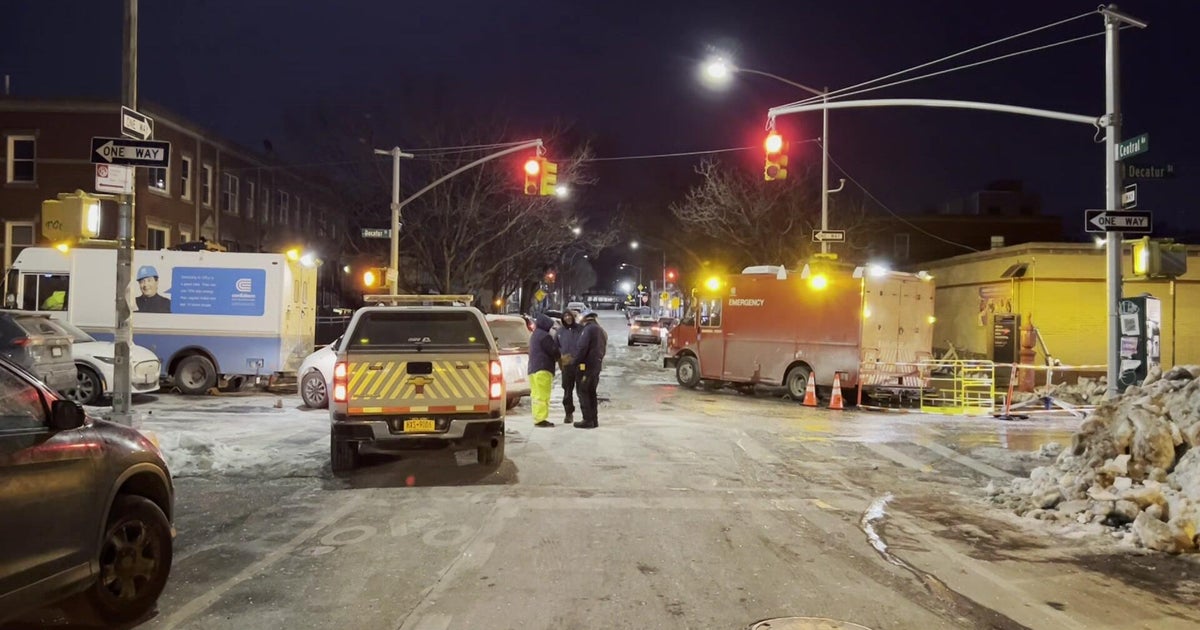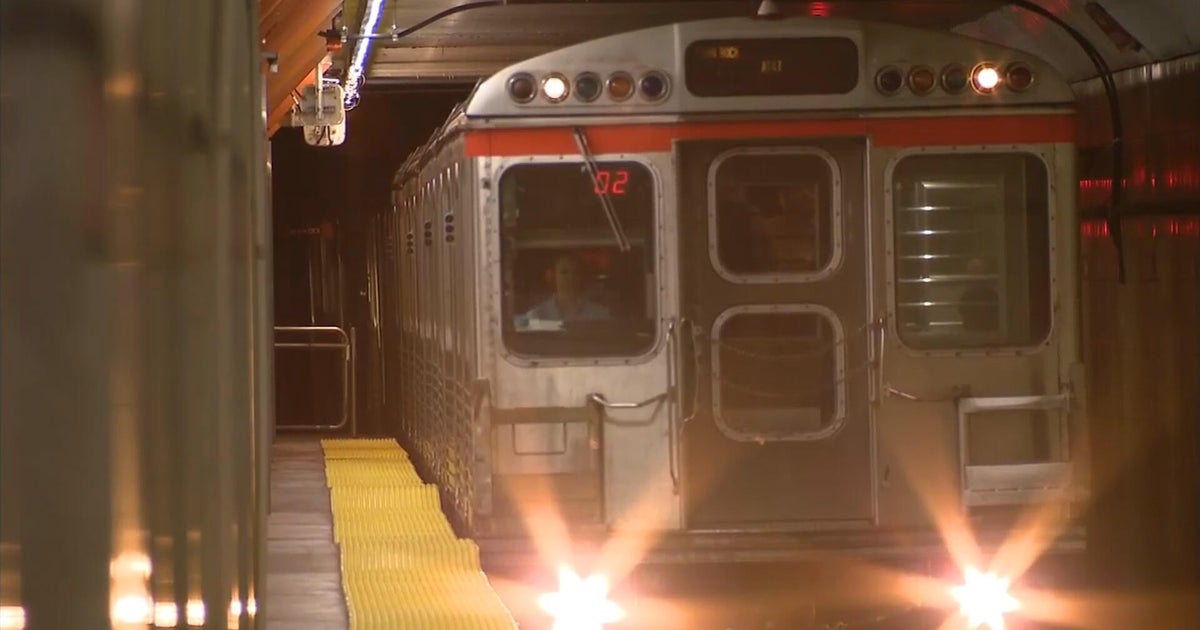Why don't we put all of our power lines underground?
BOSTON -- It is a common question after big snowstorms cause widespread blackouts - Why doesn't Massachusetts put all of the power lines underground?
About 49,000 Eversource customers were without power during this most recent nor'easter.
"You could potentially be talking about digging up every sidewalk, through one side of every street, through every municipality," said Chris McKinnon, a spokesperson for Eversource. "When you talk about taking all of that, and putting it underground, the cost can be extremely high."
McKinnon says it would cost roughly $2 million to $6 million per mile to convert their overhead lines underground. As of 2021, Eversource had 11,000 miles of power lines in the state. It would take $22 billion to $66 billion to convert all of that. In the past, former Governor Deval Patrick estimated it would take $1 trillion to move all of the overhead lines in the state underground.
"We would have to say what are the benefits, and some of the downfalls that could come with this?" questioned McKinnon.
While the lines would be more protected underground, other complications do arise. If lines are placed in an area with a high water table, this can lead to flooding in the lines. Overhead lines may be more susceptible to damage, but they are also easier to repair.
"When a tree falls onto a line we can see exactly where that tree fell, what the damage was and start making the repair immediately," said McKinnon. "If there is an issue, and we can't see it, we would have to start digging up trenches."
"In some parts of the country you are going to have really hard rock. Getting through that really hard rock just isn't worth the trouble," explained Scott Aaronson, Senior Vice President with the Edison Electric Institute.
Aaronson says communities need to assess whether the benefit of protection is worth the price.
"In Northern California, Pacific Gas and Electric in recent years announced an extraordinary underground project," said Aaronson. "Given the number of wildfires they have had in that region, the cost of not putting them underground was just too great. That goes to that cost benefit of if it makes sense let's do it."
"If you look at a big city like Boston, a lot of the electric equipment is already housed underground," said McKinnon.








